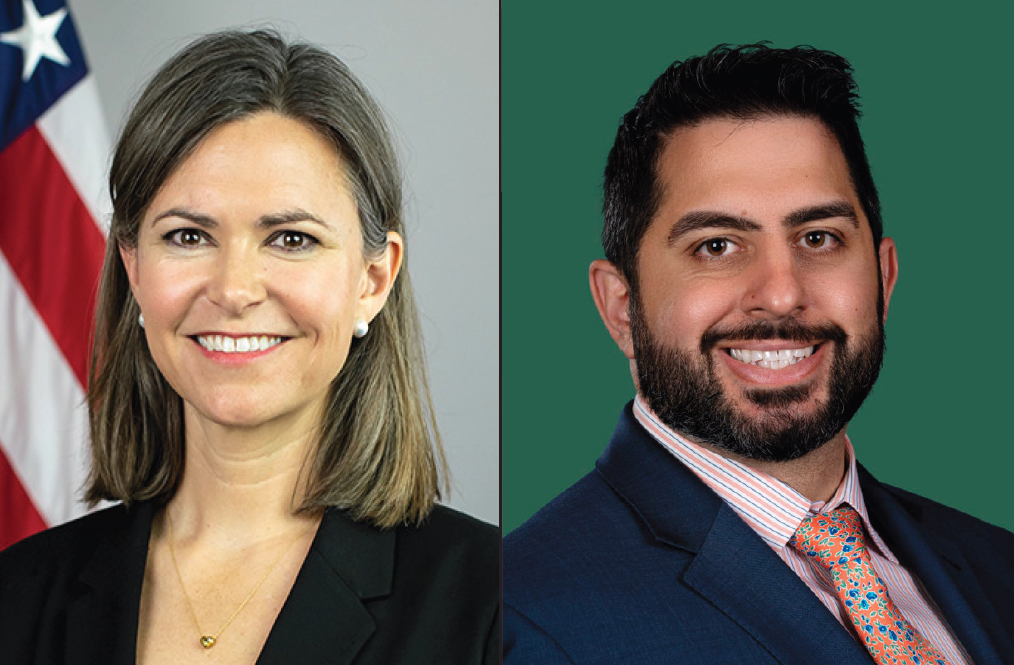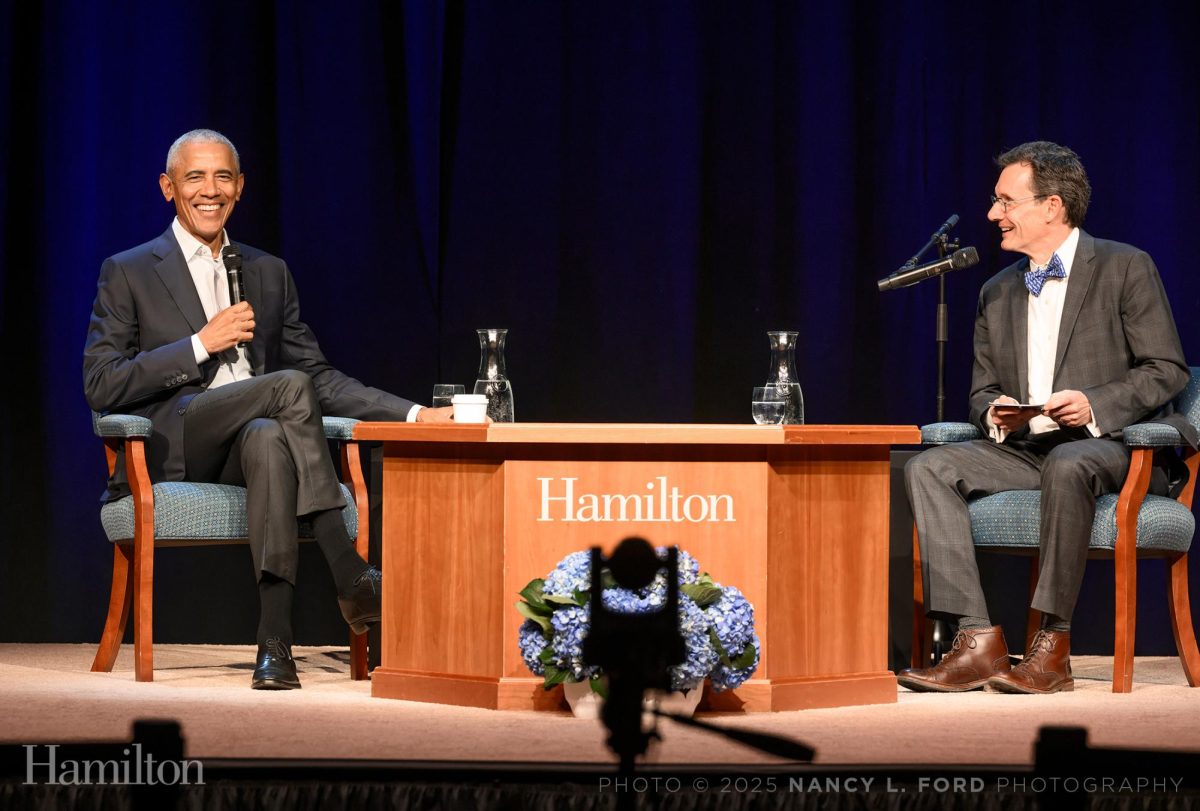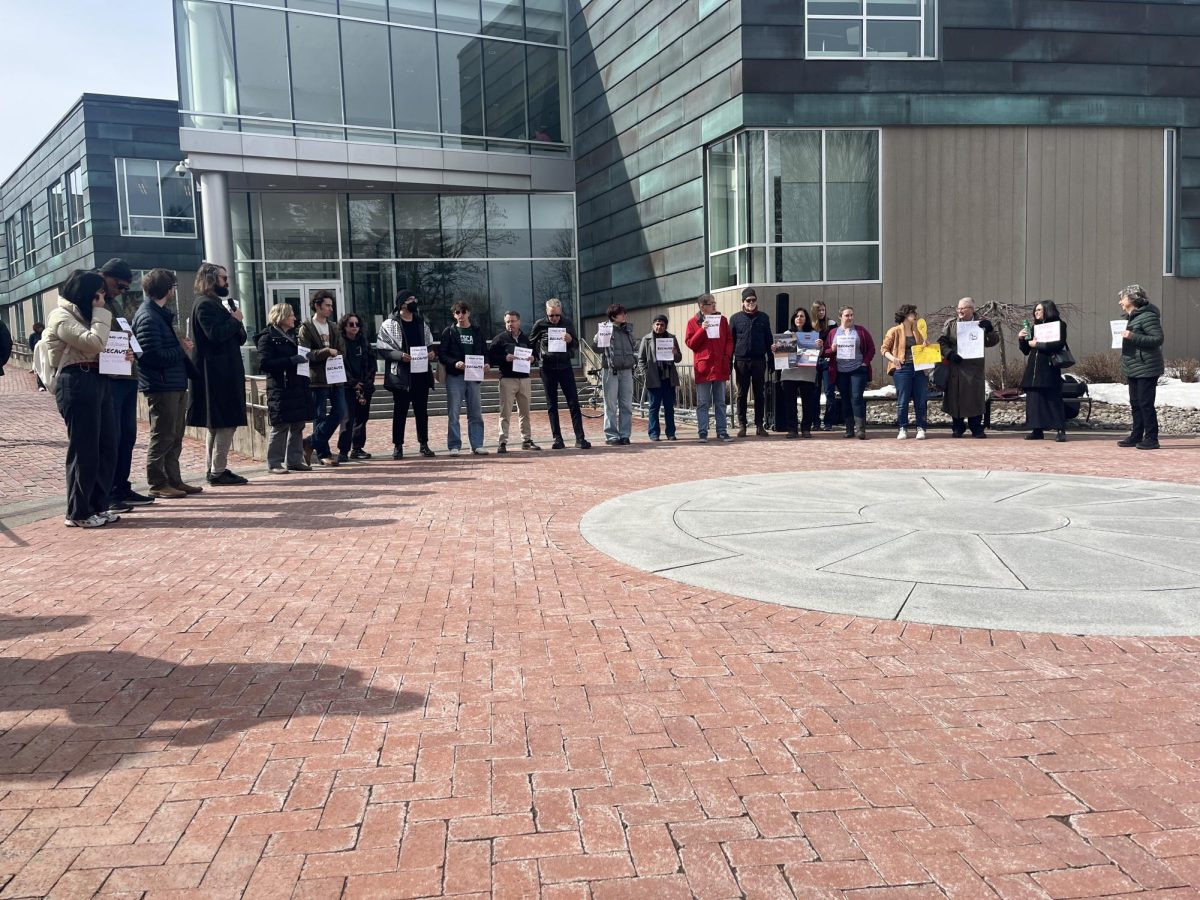
On Monday, Sept. 22 at 6 p.m. in the Events Barn, Hamilton’s Gender and Sexuality Union (GSU) hosted an open-table event with LGBT+ activist Robyn Ochs where students could learn and discuss ways to practice self care while performing meaningful activism. Ochs discussed topics of community building, different types of activism and how to maintain activism over a long period of time. Throughout the event, she took breaks to allow students to share their own thoughts and experiences on the topics through small and large group discussions.
Ochs has worked as an LGBT+ activist for years, helping to establish the Boston Bisexual Network in 1983. She worked as an administrator at Harvard University from 1983 to 2009 where she co-founded the LGBT Faculty and Staff Group. Much of her work has involved advocacy for bisexual people, which she is herself. In 2004, Ochs and her partner became one of the first same-sex couples to marry in the U.S.
Starting off the program, Ochs asked the audience to talk about issues in the world today. Students brought up issues such as worsening climate change, the monitoring of data by the federal government and infringement of free speech as things that were personally worrying. Students expressed feeling overwhelmed by the various issues identified.
Picking up on these feelings, Ochs talked about how to manage the stress caused by the issues. She said, “I’m just thinking about the whole idea of being intentional about this topic, being intentional about community care, thinking about like, how do we create spaces where we can show up for other people?”
Ochs continued by saying: “Do your dear groups support self care? Do they support you in your self care?…There’s a way that, I think, community groups can be intentional about helping us take care of ourselves as individuals too. And then we can help each other.”
Talking on the ways that community can be built, Ochs said, “I’ve been doing this work for more than 40 years, and I’ve been in places like rural Oklahoma where it’s…really, really hard to exist. And some places, people come together, and they make these amazing communities across differences. All the people who like they’re uncomfortable in the space come together and make a comfortable space.”
Ochs also emphasized the importance of caring for oneself amidst a variety of issues. Quoting black lesbian activist Audre Lorde, Ochs said, “Caring for myself is not self indulgence. It is self preservation, and that is an act of political warfare.”
She then put community and self care into the context of activism. Ochs gave her own definition of activists as “cultural artists” who work to envision new futures and ways of being. She divided activism into four different categories: individual acts of activism, activism through conversation, activism through art and institutional activism.
“You can’t do all of it but if you do some of it, if you do something that’s really important. And different people will choose different things…I feel like, if you’re working on some other topic, I want to give you a hug,” Ochs told the audience.
Giving her final remarks, Ochs said, “And then I also think about activism as a lifelong commitment. Again, because of all this, we’re not going to be instantly finished. There are so many different issues. If we fix one issue, there’s lots of other stuff that also needs our attention. So again, this comes back to self care and community care…If you think about advocacy work as a lifelong commitment, which I do, I hope that I’ll be [advocating] the day before I die.”




























